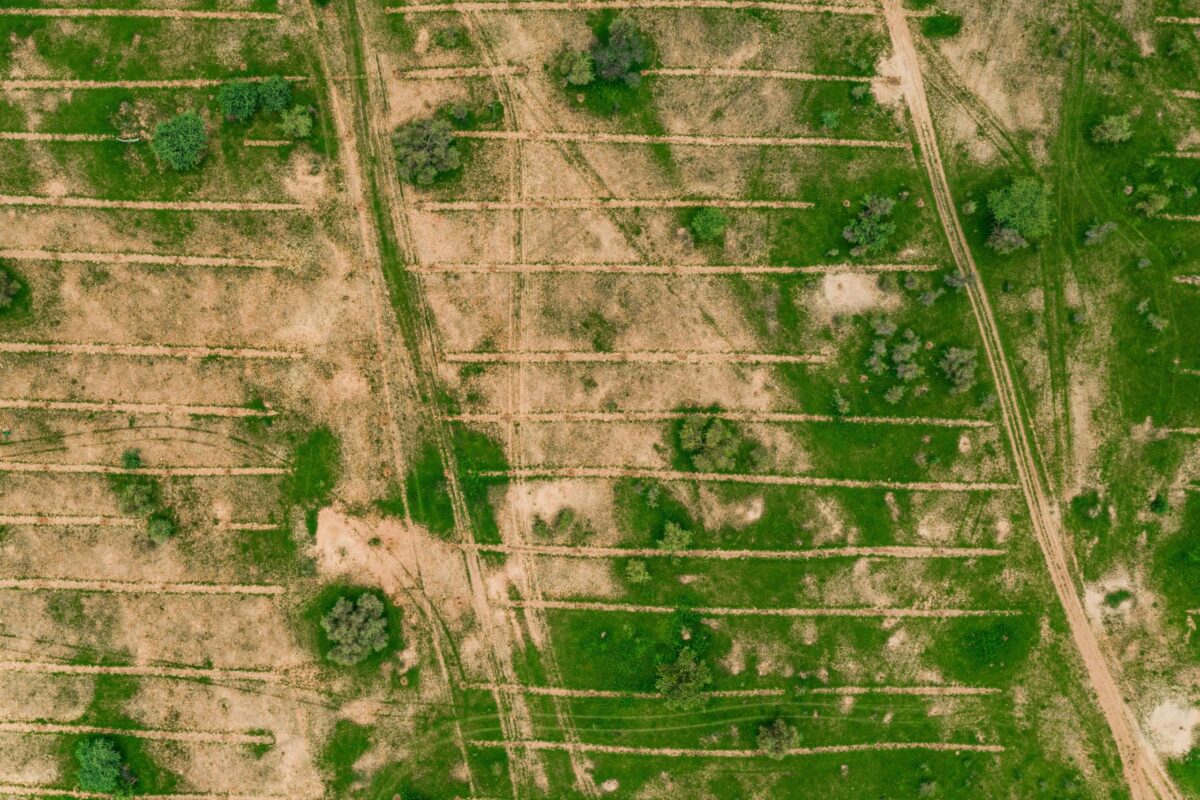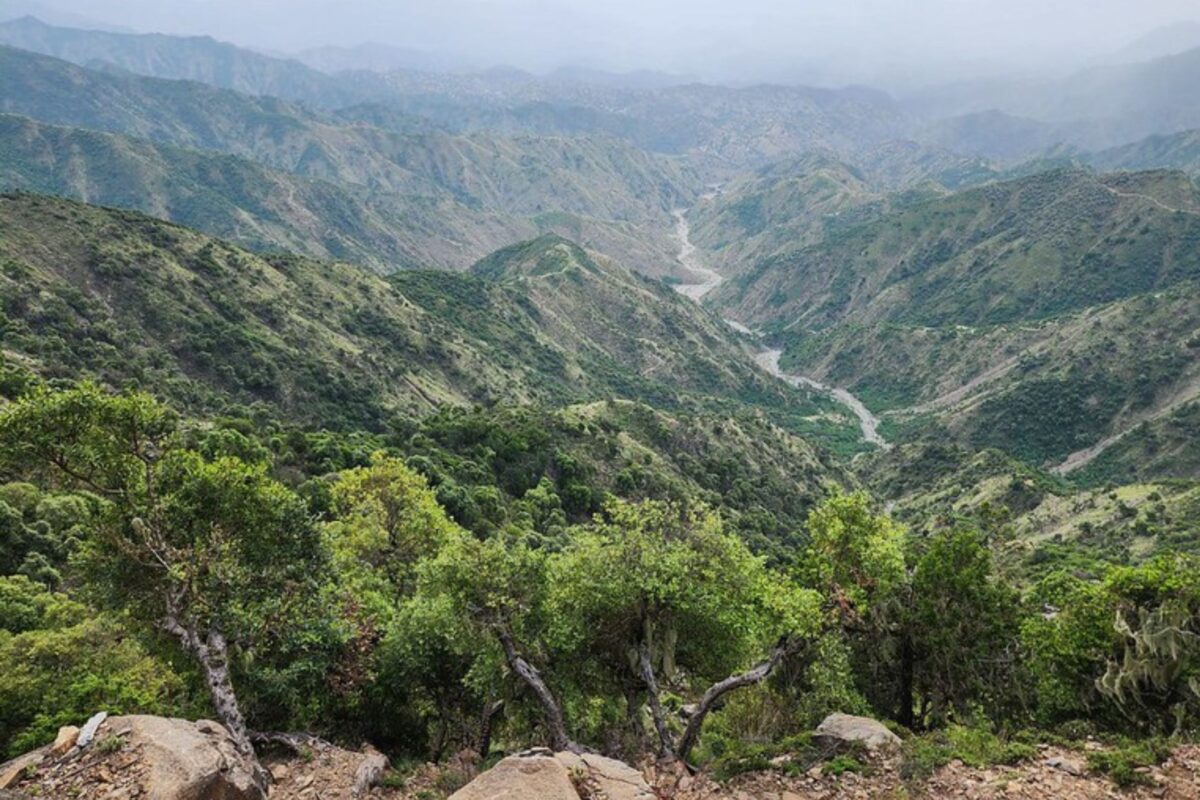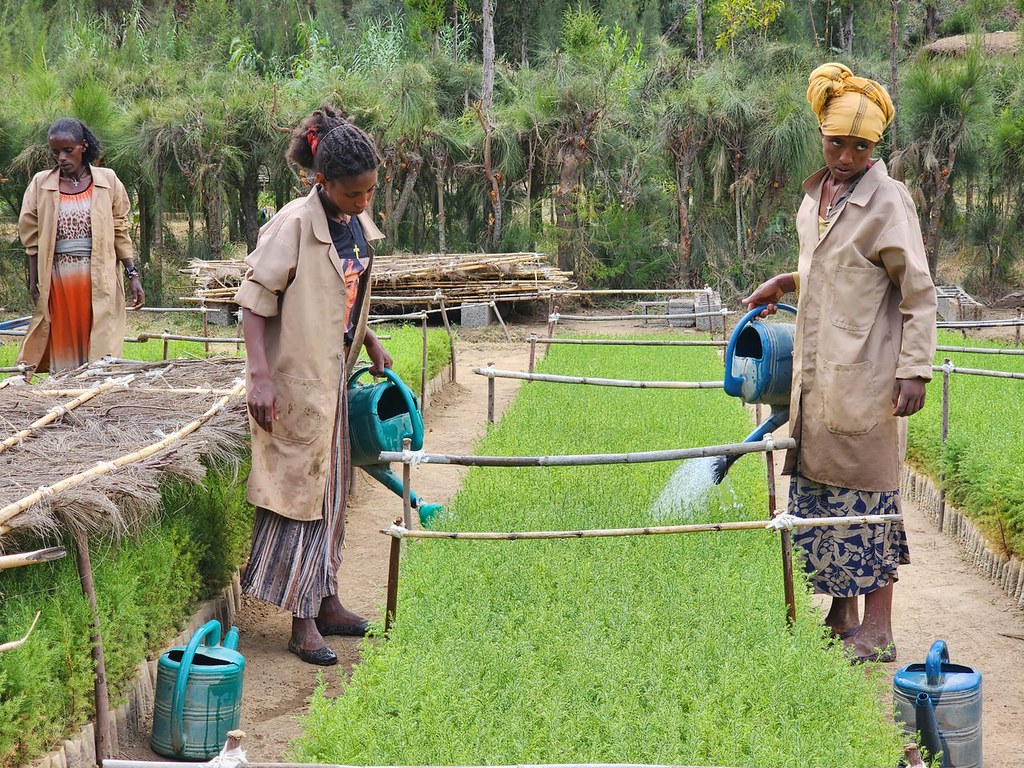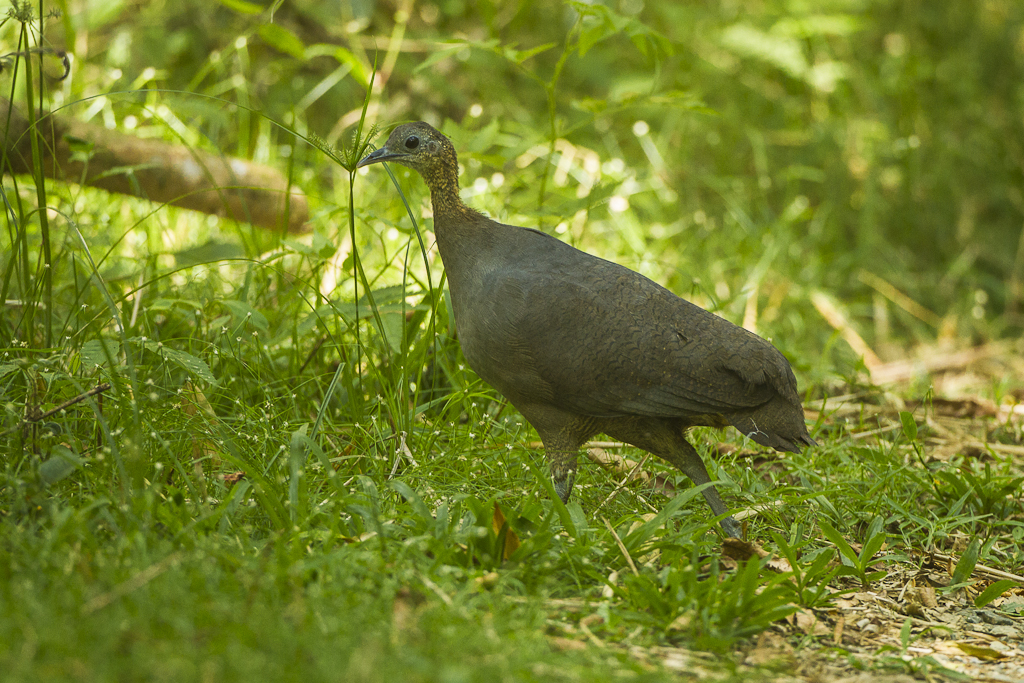Realizing the potential of small ruminants in alleviating poverty, one of the livelihood interventions of WeForest project is supporting poor female headed households to engage in small ruminant production. Accordingly, a total of 167 sheep were provided to 86 female headed households in Desa’a, Kalamin village.
Azmera G. Mariam is one of them. She has one daughter and lives with her mother. She has never attended school, nor does her daughter.
Because of this, she has been selected to take part in the WeForest’s sheep rearing project. Azmera received three pregnant sheep as well as a training on how to care of them. Her hard work nurturing her sheep paid off and now her flock grew to six sheep. “My sheep gave birth to three new rams in less than six months. I currently have six sheep including the three I received from WeForest. For me the additional training has been very helpful. Also, after I received the sheep, they visited me regularly and advised me on how to handle them and other important things I didn’t know before. I am working hard and can see a brighter future ahead of me, in which I hope I will have more sheep and get extra income to support my son and my mother. Thanks to WeForest and their partners, I’m now working hard and see a brighter future. Now I am planning to work hard and a year from now I hope I will have 10 sheep and get some income to support my son and my mother as well. Now that I have a chance to escape from deep poverty I will not be going back.”














